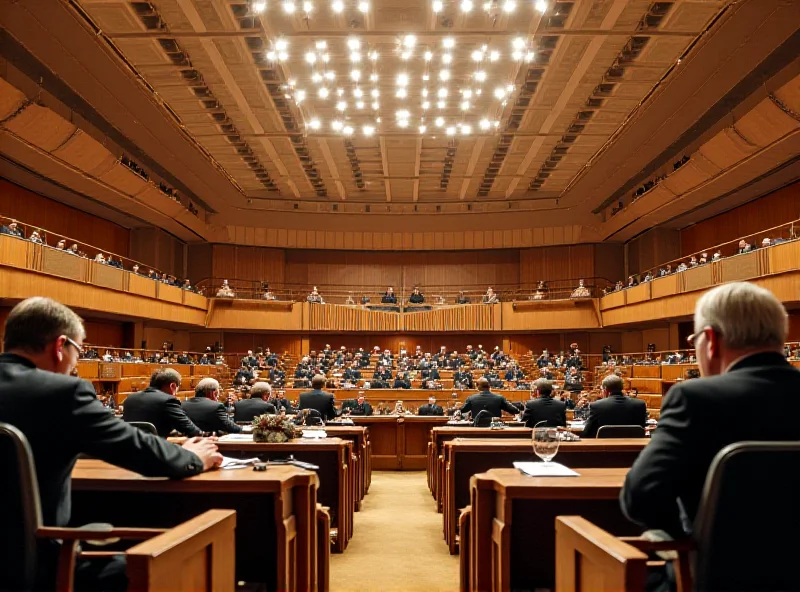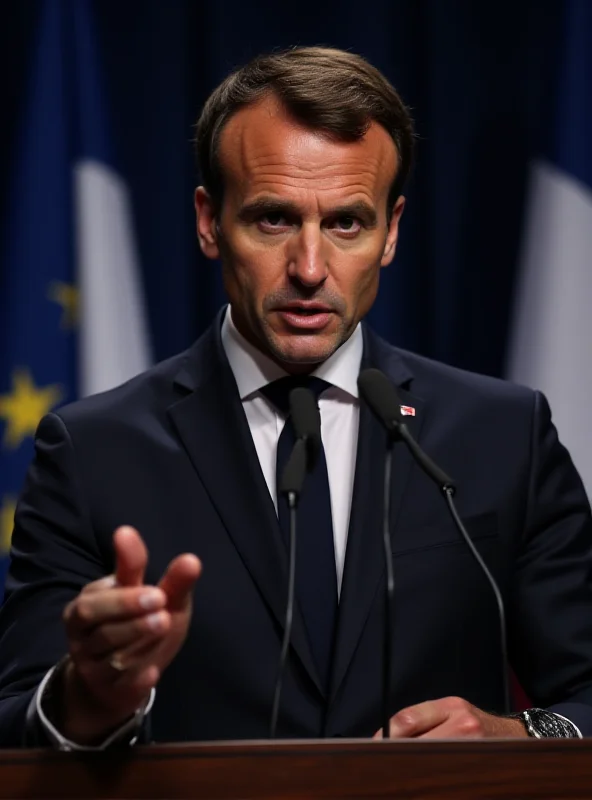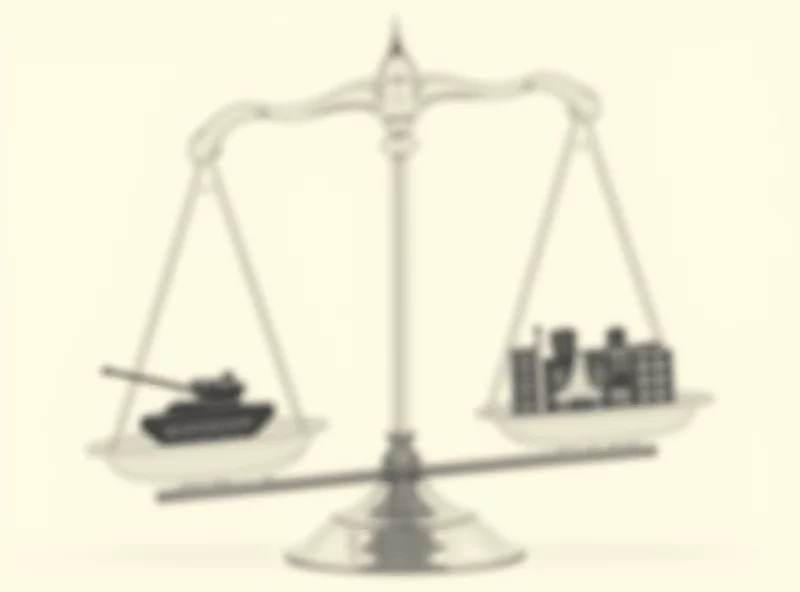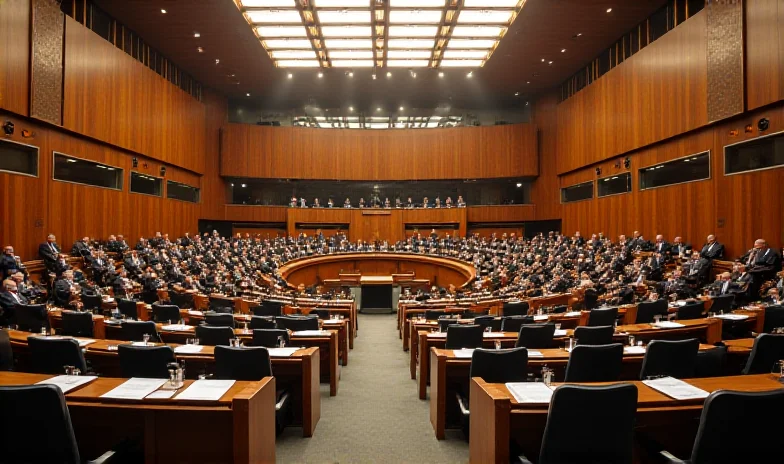Political landscapes in both Germany and France are experiencing heightened tensions, as evidenced by recent developments in their respective parliaments and political parties. From internal strife to debates over budgetary priorities, the political climate is proving to be increasingly complex.
Germany's Bundestag Faces Internal Conflicts and External Influence
The German Bundestag is grappling with a multitude of challenges. The Left party, having made a "triumphant return" to the Bundestag, faces immense expectations but also significant risks. Acting chairpersons Heidi Reichinnek and Sören Pellmann acknowledge the possibility that the party could be fighting for its survival by the end of the current legislative period.

Adding to the internal dynamics, Sahra Wagenknecht's BSW is experiencing frayed nerves after the federal election. Accusatory emails and renewed conflict between Berlin and Thuringia are indicative of rising internal tensions, casting uncertainty over Wagenknecht’s future leadership. "The party is struggling to define its identity and purpose," one insider noted.
Furthermore, the presence of Putin sympathizers within the Bundestag, particularly among AfD members, raises concerns about external influence. These individuals defend Russia’s regime and maintain connections with the Kremlin, potentially allowing Russian interests to directly infiltrate the German parliament.
"Of course, Russia is not a dictatorship," one AfD member reportedly stated, highlighting the concerning alignment with Russian narratives.
France Balances Defense Spending and Social Priorities
In France, the political discourse revolves around balancing defense spending with the preservation of the French social model. Following Emmanuel Macron's recent speech, François Bayrou confirmed that defense would be a budgetary priority, but emphasized that this would not come at the expense of the country's social programs.

However, the political left has demanded that the increase in military spending be financed by taxing the wealthiest citizens, creating a point of contention. This proposal reflects a broader debate about wealth distribution and the role of taxation in funding government initiatives. The left argues that those who can afford it most should contribute more to national defense, ensuring that the social model remains intact.

The live ticker for the 2025 Bundestag election reveals further political maneuvering. The Elders Council has set a meeting date, while Klingbeil has drawn a "red line" on the issue of migration. Wadephul has suggested that the SPD should leave the 'traffic light mode,' adding another layer of complexity to the political landscape. The political climate in both countries remains dynamic and subject to rapid change.
